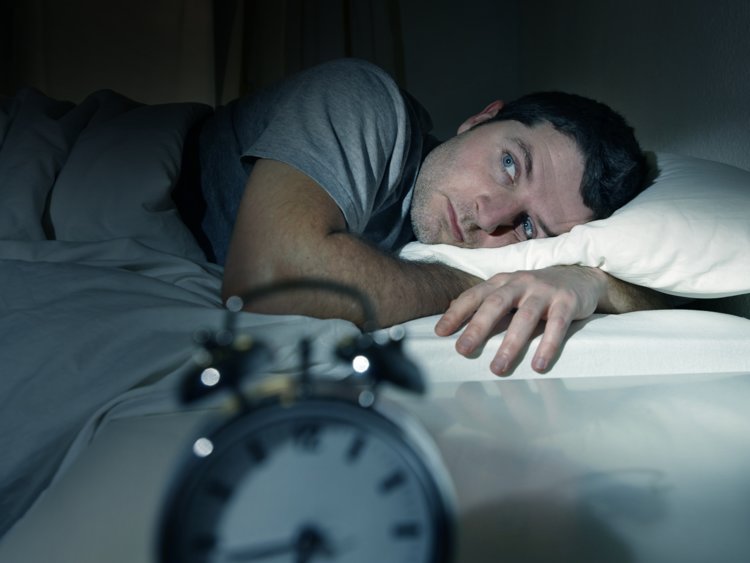Sleeping disorder, also known as insomnia, is on the rise globally. Even though a variety of reasons are to blame for it, the most common causes are related to the complex lifestyles of modern times. Here is how you can fix it by practicing a few simple techniques.
Getting up at a fixed time each day: Controlling that urge to sleep extra on off days, especially if you have had poor sleep during the week can come a long way to help you get up on time each and every day. This helps to train your body to wake up at a consistent time.
Limiting daytime naps: A number of people advise napping to reduce stress. This, however, comes with a side effect. Irregular sleep can mess with your sleeping cycle. It is important to establish and maintain a regular sleep pattern and train oneself to associate sleep with darkness and a consistent bedtime. Napping doesn’t gel well with quality of nighttime sleep.
Reduce liquor, caffeine and nicotine intake: Caffeine is known to cause difficulty initiating sleep. Further, it also causes frequent awakenings. Its effects can last for several hours, at times up to 24 hours. It is recommended to not drink coffee after lunch hours. While liquor may have a sedative effect for the first few hours following consumption, but it can then lead to frequent arousals and a restless sleep. If you are on medications that act as stimulants, always consult your physician if it should best be taken to help minimize any affect on sleep.
Avoid eating, drinking right before hitting the bed: Eating or consuming excessive water right before going to bed can activate the digestive system and keep your senses up. If you suffer from gastro-esophageal reflux (GERD) or heartburn, it is even more important to avoid eating and drinking right before bed since this can make your symptoms worse. Further, consuming a lot of water might lead to nighttime urge to relieve yourself leading to loss of sleep or poor quality of sleep.
Exercise, exercise & exercise: It is a well established fact that regular exercise can improve sleep quality and duration. Do note that exercising immediately before bedtime can have a stimulant effect on the body and should be avoided. Try to finish exercising at least three hours before you plan to retire for the night.
Hit the bed only when you need to sleep: As the saying goes, ‘The bed is for sleeping and having sex and that’s it’. Always keep it this way.
Do not resist the temptation to sleep: Don’t sleep, if you are not sleepy. Neither should you resist the temptation, if you are feeling sleepy. This activates your senses and you may face a hard time falling asleep when you try to sleep later.
Do not bring your work to bed:
Finish your office business at least an hour before going to bed. Do not use your phone, laptop on the bed. Watching television and studying books also have detrimental effects on sleep. These activities can increase alertness and make it difficult to fall asleep.
Sleep comfortable: Trying to relax and play some soothing music surely goes a long way in ensuring quality of sleep. Besides, temperature, lighting, and noise should be controlled to make the bedroom conducive to falling asleep. Your bed should feel firm yet comfortable. If you have a pet that sleeps in the room with you, consider having the pet sleep somewhere else if it tends to make noise at night.
Reduce stress. There are a number of relaxation therapies and stress reduction methods that help to relax the mind and the body before going to bed. You can try progressive muscle relaxation, deep breathing techniques and meditation among others.
